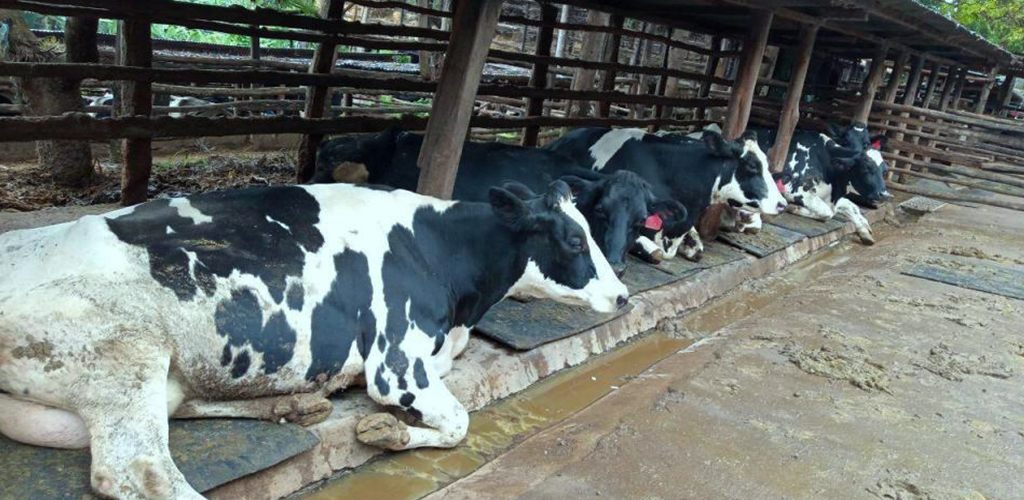MAA envisions a world where people most affected by climate change enjoy a right to a clean, healthy, and safe environment. With partners, we invest in frontline communities so that they can manage shocks, rebound, and continue on a progressive pathway to sustainable development. We are focused on improving the futures of these communities whose livelihoods are under serious threat from climate change and the over-exploitation of their natural resources. Entrenched in social, economic, and environmental justice, MAA climate change program prioritizes contributions and demands of women, youth, and marginalized IPs. We help them advance their resilience in ways that support bottom-up community-led approaches. This is the reason why MAA focuses on the thirteenth global SDG of climate action. We want to do so by strengthening the means for addressing climate change in partnership with others.
Why do we choose to deal with climate change?
Goal: To enhance the resilience and capacities of marginalized communities to reduce vulnerability to climate change.
1. Reduce impact on livelihoods
Rationale: People’s ability to meet basic needs and move out of poverty can be limited by their capacity to respond to stresses due to climate change. The impacts of climate change may further entrench marginalization in gender, age disparities and locality around livelihood options and coping mechanisms.
Objective: To increase household resilience to climate change by supporting livelihood options that reduce vulnerabilities and enable marginalized communities to cope with climate-related shocks. For example, program will help immediate development priorities, as well as ecologically and socially just approaches to sustainable agricultural, livestock husbandry practices, and environmental conservation.

Livestock husbandry practices

Effect of high drought
2. Reduce impact on Human Migration & Relocation
Rationale: Extreme droughts destroy livelihoods, infrastructure and social networks. The effects of climate change lead many to migrate or relocate, either voluntarily or forcefully.
Objective: To strengthen communities to take control of their own plans and actions in case of migration or relocation due to natural disasters or other effects of climate change and the risks it presents.
Much as MAA wants to address challenges of poverty, hunger and poor access and management of water and sanitation, we also want to support community-led and community-sensitive climate resilient development initiatives and actions that enhance adaptive capacity of vulnerable communities to climate-related hazards and natural disasters; integrate climate change measures into relevant policies, strategies and planning; and promote awareness and capacity of community on climate change mitigation, adaptation, impact reduction and early warning. This way we will be able to develop effective climate action that is tuned in to the local political economy of our people.
